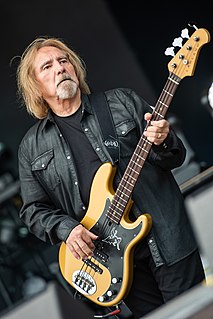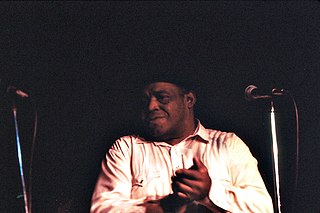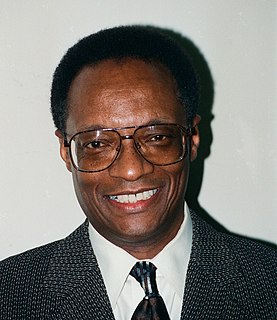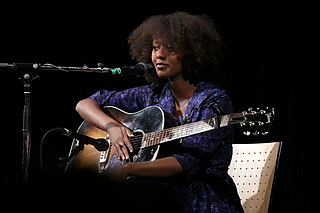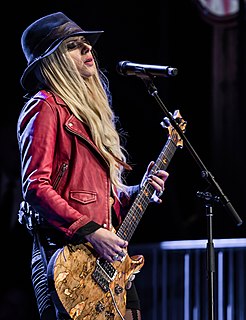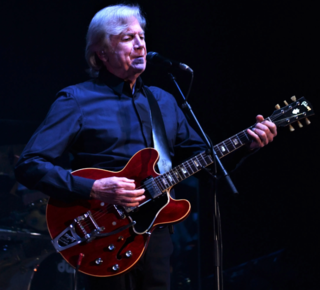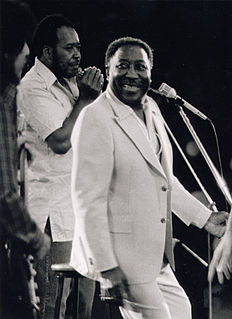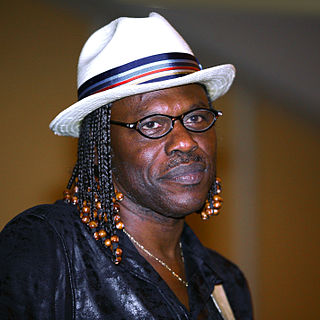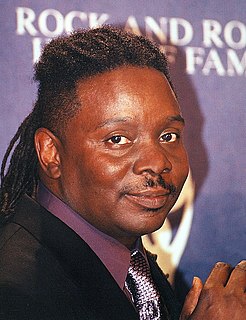A Quote by Jimmy Page
I think it was that we were really seasoned musicians. We had serious roots that spanned different cultures, obviously the blues.
Related Quotes
Everything comes from one thing, everything comes from the Spirit. Jazz would not exist had it not been for gospel music, the blues would not exist had it not been for spiritual blues, which goes back to slave songs our fore fathers were singing while they were out in the field. So it's all one continuous growth from one group of people. Of course jazz now is played by various cultures and colors around the world. But the stimulus is One Voice.
I visited New York in '63, intending to move there, but I noticed that what I valued about jazz was being discarded. I ran into `out-to-lunch' free jazz, and the notion that groove was old-fashioned. All around the United States, I could see jazz becoming linear, a horn-player's world. It made me realize that we were not jazz musicians; we were territory musicians in love with all forms of African-American music. All of the musicians I loved were territory musicians, deeply into blues and gospel as well as jazz.
The amazing thing about Sweets [Edison] was that he exactly spoke the way that he played! He was really unique, the one and only. He was one of the greatest Blues players that I ever heard and played with. Nobody can play like Sweets man, nobody! Most of us, musicians, frequently quote Sweets' phrases in our solos. Like Lester Young, Sweets had a big influence on us musicians, especially when we play some Blues.
There's a lot of women in blues music, lots of strong women and that sort of stuff. It's not the first thing that comes to mind when you think about blues. There were a lot of powerful blues guitar players in the olden times that were women. It's just that when you think about blues, you have this one image in your mind.
There was a time when I had the blues - I mean I really had it bad. I couldn't pay my light bill and I couldn't pay my rent and I really had the blues. But today I can pay my rent and I can pay the light bill and I still got the blues. So I must been born with 'em... That's my religion - the blues is my religion.
Nowadays blues in particular has a wide, wide, wide, wide net of everything that's called blues. I think if somebody's coming to it in the last ten years or whatever, or even fifteen years, what their experience is what is called blues is different from mine. I have to expand my range of what's been called the blues. I think somebody who's new to it would have to go back and to see what is called blues now, where it came from. If that makes sense.
I love musicals but it's very, very different. It's really just a different form than serious drama, and has very different rules and a completely different set of characters and requirements and ambitions. It maybe shouldn't be as separate as it is, but it's got a different history. In terms of serious drama, I think you'd have to say that you could break it down essentially into the narrative realist tradition and experimental theater.
I think, one thing that I've really come to appreciate about my parents as I've got older is you know, how wise they really were. As a kid when I was growing up, as any kid, you think you know every thing and I was no different to that. I had different opinions on a lot of different things then them but the way they raised me, in hindsight, they were right.

